Sign-Up Here: https://www.eventbrite.co.uk/e/neuroscience-symposium-inhibition-excitation-balance-tickets-268998741477
Jointly hosted by the Oxford Cortex Club, Cambridge CamBRAIN and KCL Neureka!, we are bringing together experts to discuss inhibition-excitation balance in the brain at cellular, population, and global levels.
EI balance is believed to be regulated and enacted locally, measured as invariant ratios of EI synapses along dendritic segments and neuronal subtypes in cortical circuits. Yet it impacts dynamics and computation across multiple scales - for example at the local level, EI balance is believed to help shape tuning curves and support coincidence detection, while globally it is believed to enable population dynamics to be tuned to a phase transition point. Most strikingly, local EI imbalance can give rise to whole-brain pathological dynamics as evidenced by the emergence of generalised seizures from synaptic EI imbalance. We hope to discuss how EI balance is regulated and can shape dynamics across different scales - with a broader aim to understand how these different scales can inform one another.
Speaker line-up
Juan Burrone - KCL
Beatriz Rico - KCL
Guillaume Hennequin - Cambridge
Sadra Sadeh - Imperial
Richard Rosch - KCL
Helen Barron - Oxford
Charlotte Stagg - Oxford
Tickets
Registration is free of charge, and lunch and refreshments on the day will be provided. Attendees are responsible for their travel to and from the event.
Tickets will be released at 10am, Friday 18 March. Please only register if you are committing to attend. If your circumstances change and you can no longer attend, please return your ticket as soon as possible.
Schedule
A detailed schedule of talks and activities will be released soon.
The symposium itself will be held 10:00-18:00, with talks taking place between 1100-1630. There will be breaks throughout the day and plenty of opportunity for discussion and networking, including optional activities. Attendees are welcome to stay on in Oxford afterwards - we will share plans for a dinner/social closer to the time.
This symposium is kindly supported by the British Neuroscience Association.

